The role of school library media specialist is always changing. How so? To answer this question, the Alliance for Excellent Education has created a framework for the “Future-Ready Librarian” as part of its Future Ready Schools initiative.
Here are 11 ways a future-ready school library media specialist supports student-centered learning:
A future-ready librarian…
Designs collaborative spaces: They provide flexible spaces that promote inquiry, creativity, collaboration, and community.
Leads beyond the library: A future-ready librarian helps set the school district’s vision and strategic plan for digital learning, while also fostering a culture of collaboration and innovation to empower teachers and learners.
Cultivates community partnerships: A modern library media specialist builds partnerships within the school and local communities to promote engagement and a community of readers.
Inspires and supports both student and teacher literacy: Creates inclusive collections that acknowledge and celebrate diverse experiences. Provides instructional opportunities to empower learners as effective users and creators of information and ideas.
Invests strategically in digital resources: Draws upon an understanding of school and community needs to identify and invest in digital resources such as e-books and research databases to support student learning.
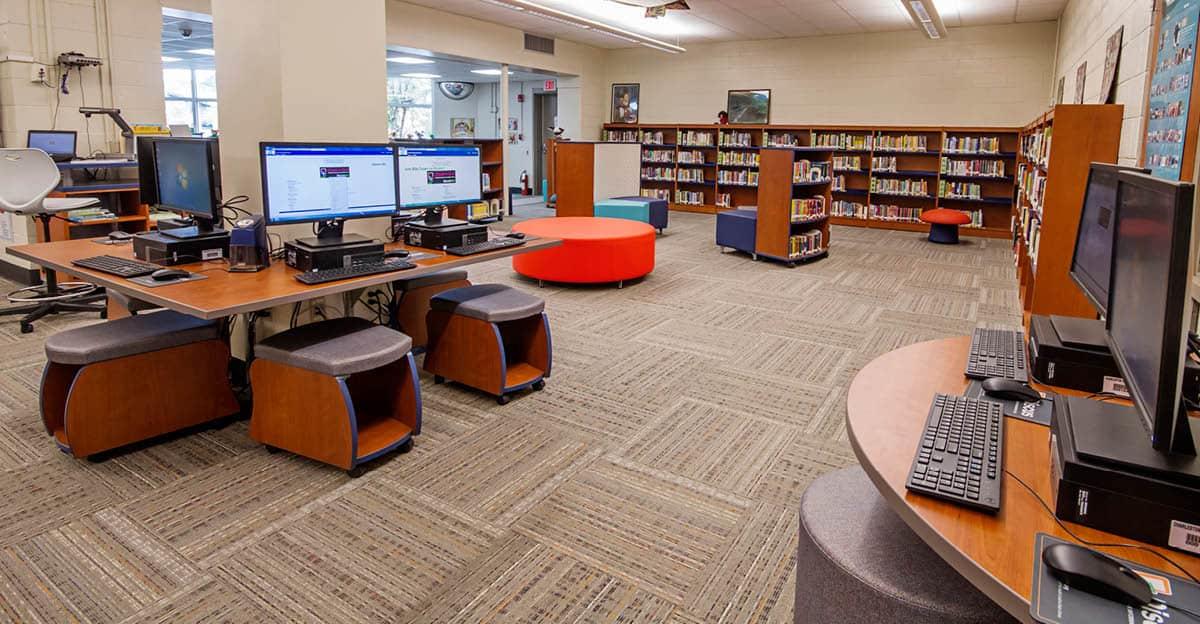
Ensures equitable digital access: Provides and advocates for equitable access to digital resources, programming, and services in support of the school district’s strategic vision.
Curates digital resources: Leads in the selection, integration, organization, and sharing of digital tools and resources to support transformational teaching and learning. Develops the digital curation skills of others.
Empowers students as creators: Helps students become increasingly self-directed as they create digital products of their learning, using critical thinking, collaboration, and authentic real-world problem solving skills.
Builds instructional partnerships: Partners with educators to design and implement evidence-based curricula and assessments that integrate deeper learning, critical thinking, information literacy, digital citizenship, and creativity.
Facilitates personalized professional learning: Leads professional development for teachers and administrators to cultivate a broader understanding of the skills that ensure success in the digital age—such as critical thinking, information literacy, and digital citizenship.
Advocates for student privacy: Teaches and promotes student data privacy through direct instruction and his or her role as an educational leader.
Rethinking the media specialist position
Consider how the role of library media specialist in your own school or district compares with this framework. Are your media specialists fulfilling all of these responsibilities? If not, should they be? Are there any tasks your media specialists are performing that don’t appear on this list?
Redefining the role of your school library media specialist is the first step in designing a more modern school media center that meets 21st century learning needs. To learn more about this process, download our free Designing a Modern School Library guide today.

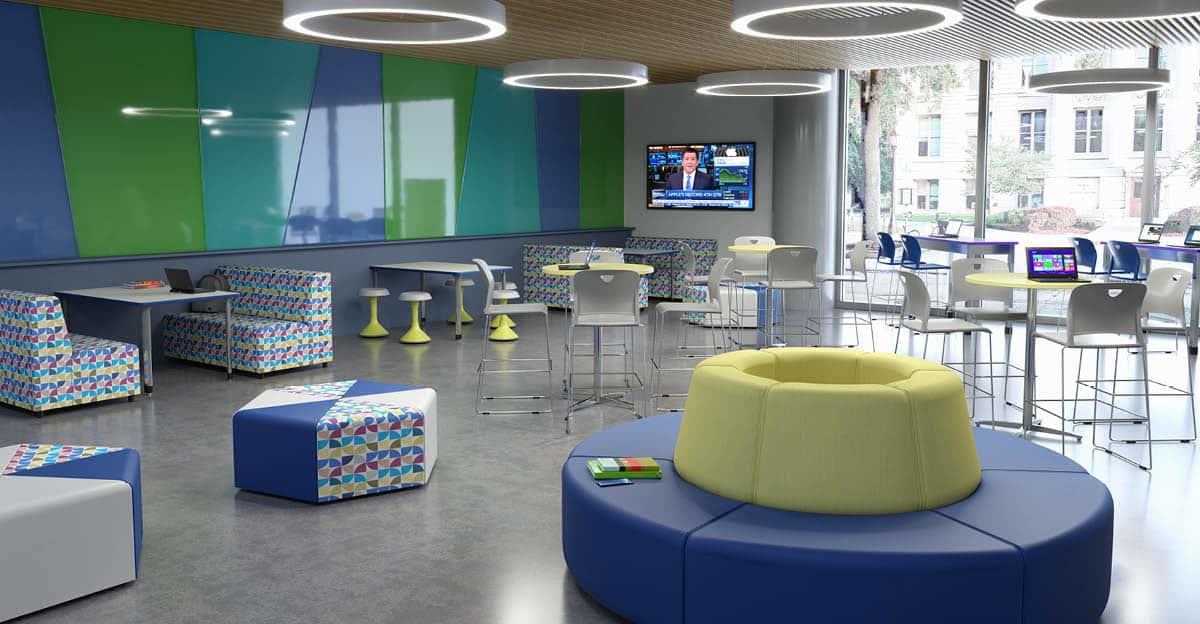
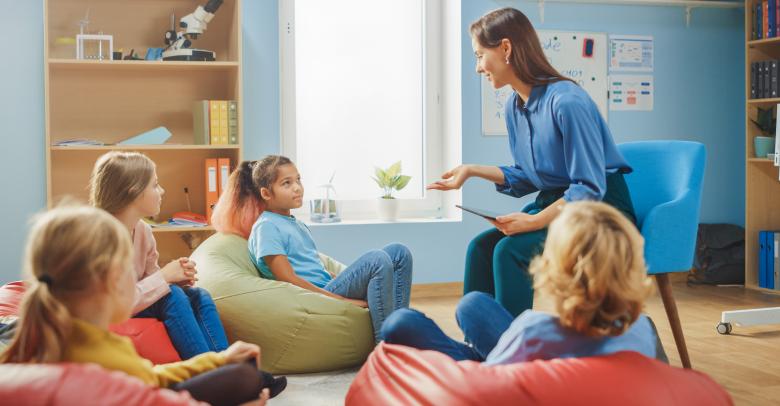
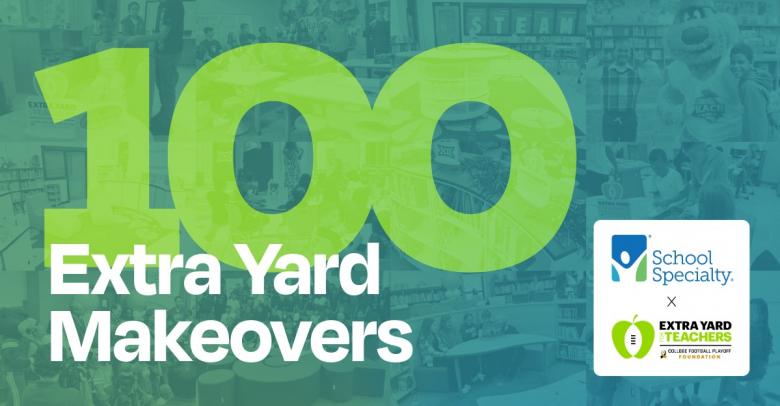
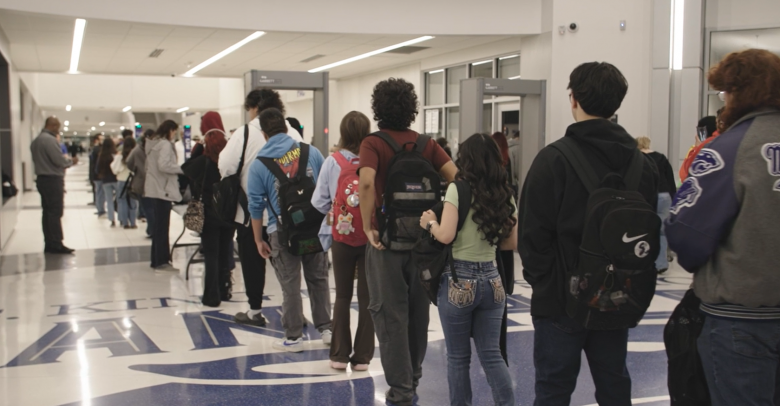

Leave a Reply